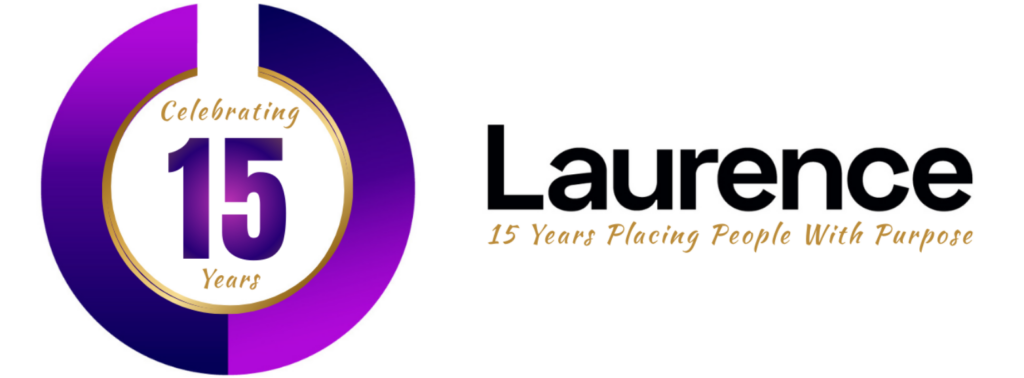After two years of disruption, returning workers expect more from their employers.
Economies the world over are fighting to recover from the massive disruption of the COVID-19 pandemic. Yet, as the doors of long-dormant offices reopen, many employees have other thoughts.
It turns out your employees have been doing more during their time at home than just working. They’ve been thinking about their career goals and work-life balance – and their needs have changed. Around the world, millions have decided that it’s time to change the way they live and work.
Employee attrition surged during 2021: in the United States alone, business consultancy McKinsey recently noted that over 19 million people – nearly 12 per cent of the country’s entire workforce – quit their jobs in the six months from April. That’s the number who quit, not who were fired or furloughed! No wonder it’s being called the Great Resignation.
Even those who stay may be weighing their options, with 40 per cent at least somewhat likely to leave their current job in the next three to six months. Meanwhile, 47 per cent of employees want a hybrid work environment – and will favour organisations that will give it to them.
Experts anticipate similar trends in Australia, where workers are emerging from mind-numbing lockdowns with new lifestyle expectations and a willingness to change careers that don’t have the same primacy that they used to.
Foster a sense of purpose
After 25 years working in facilities management, and 11 years in executive search and recruitment, I’ve learnt that employees long for investment in the human aspects of work. They want a renewed sense of purpose, social and interpersonal connections, and to be genuinely valued by their organisation, colleagues and managers. Each of your employees has their own lived experience of the pandemic, and you must be positive and responsible to employers than ever. Forget waving big salaries in front of star performers: after two years of unprecedented mental health and wellbeing challenges, employees want a renewed focus on inclusion, wellbeing, empathy and high emotional quotient (EG).
Think about how your organisations demonstrates it’s values and empowers it’s people, teams and culture, despite ongoing challenges. Consider how you can better support employees with formal wellbeing programs and flexible work policies: think extended annual leave, volunteer days, and family-friendly flex days.
Trust people to do their jobs. Evaluate new employees based not just on a checklist of experience, but on transferable skills, ethical behavior and integrity, humanistic skills, and a great attitude and cultural fit.
Engage with employees so they are committed, and not just compliant. If they feel part of the vision and purpose of the team, they will be part of the solution, not the problem. Organisations that can balance all of these goals will emerge from the Great Resignation with committed and engaged employees that see you ans an employer of choice – and a reputation that will ensure that you keep attracting the best employees in the future.








